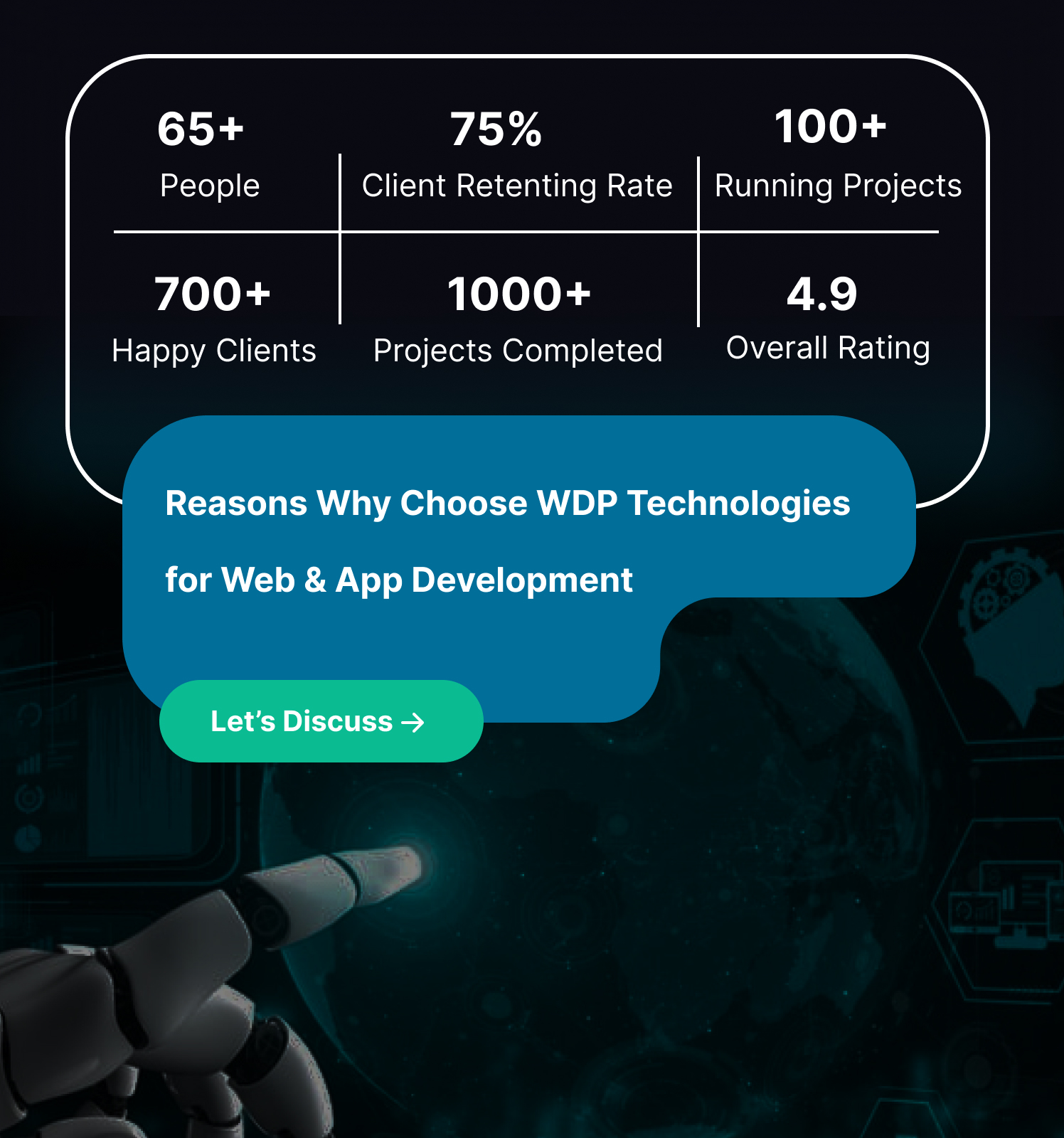React Native is an open-source development platform developed by Facebook 5 years ago to develop Native UI elements with javascript. React Native was one of the perfect combinations for developers who are willing to create native UI with javascript, React Native has grown by leaps and bounds.
The question that arises is why let us look at past experiences? Building an app is not an easy task with a lot of resources available online and thousands of developers looking out for tutorials every second. But there has always been a war between Android and iOS.
Do you have any knowledge about Java/Kotlin to develop Android App that covers a wider reach and huge audience? Research tells us that there are 2.56 million apps on Google Play Store alone. So your average customer is spoilt for choice. Or you would like to prefer more interactive iOS where consumers, on average, spend 2.5 times as much as Android users? In this situation, you will have to go down the objective-C/Swift learning path.
But there are few developers at Facebook who are sick of using different languages to build apps that did the same things and back in 2015, a new framework was launched for developing native-style apps for android and iPS using a single language, Javascript. They called this framework React Native.
Reasons to Choose React Native for App Development
The mantra that Facebook has used is “Learn Once, Write Anywhere”, and in such cases React Native is a perfect application. So, without discussing anything let us know what are the reasons that make you consider React Native for App Development.
Reason 1: Supports Cross-Platform App Development
Many developers will tell you how complex it is to develop both Android and iOS apps because they were written in different languages and use different frameworks. One platform to develop the apps means consistent user experience across multiple platforms. All you need is one experienced developer who has knowledge about Native UI libraries, APIs, and hybrid app development.
Although many times there will be no need to learn a native programming language in detail, there can be chances you may have to work with native development. This happens in the can when you are integrating native SDKs for Android/iOS but no React NAtivr SDK is available or when certain specific native features are not available with React Native for App Development.
Reason 2: Develop Apps Faster
React Native has been around for more than almost 10 years now, with a huge online community that is growing by the day. How does it relate to the average developer? There are many relevant components out in the market that are ready to use, which means you don’t need to build anything from scratch.
Due to a single code, the chance of finding an error in a React Native app is reduced. This means that a minimum viable product can be developed faster than ever. You can launch the first version of your app with minimum functionality, your MVP, and keep everything else for later development.
Once you are aware of what features you need, you can go to the future and build them, instead of wasting time and resources on building detailed interfaces. Launch your app very fast, check what is working and what is not, and then put your efforts into the things that are working. React Native apps are developed at least 30% faster.
Reason 3: Update Apps Without Going to the App Stores
Once you have launched your app and it is published on the app store and play store, You suddenly realize that you have missed something or want to add a feature to it. Using native apps, adding new features means you have to relate the build process and upload the new version of the app on the store.
This will then go through a process of approval by Apple or Google, according to the type of user who want to install the updated app manually.
Using React Native for App Development, With the App Center cloud service, the app is automatically updated during run time, and the users can see the changes without needing to re-launch the app.
Reason 4: Work with a tight budget
We have seen that React Native apps can be built a bit faster than developing separate Android and iOS apps. While it is time-saving is an obvious advantage of using React Native, also it is cost-effective so money saved is also a benefit of React Native for App Development.
If you are a small startup company that is just getting started, you need to maximize the ROI on very small money investing. Instead of hiring developers for separate iOS and Android developers. While there are cross-platform options such as Xamarin and Cordova, developers agree that they do not provide the best experience.
Reason 5: Reduce Development Complexity
Using React, complex tasks are solved simply using easy-to-read code. The UI library made by Facebook is used by React Native to create code that is easy to understand and to implement React JS. App development projects usually have different outcomes and React Native provides straightforward and simple solutions to a number of these problems.
The main feature of React Native is ” Hot Reload”. Using such features, app developers get a live preview of the code and its actual impact, all of that co-occur while the app is coded. This makes sure that developers commit the least amount of errors and make the code “error-free”. The hot reload app means that the code can be right or customized while the application is being uploaded. The system provides you a state independent perspective, even if the state change
Reason 6: Looks like a Native App
Apps developed with React Native have native components as opposed to PhoneGap or ionic. Using the latter makes the user experience always feel web-based, except native apps. This is an area where React Native is used. React Native provides your apps to use elements that are native to mobile design. Expect single components that render elements across both platforms, Components of React Native are aware of other native components. It takes the building blocks from the native user interface and joins it with its own javascript.
The outcomes? Apps look and work the same as native apps, and the user experience is greatly increased. Additionally react uses the same building blocks for iOS as well as Android, the look and experience that users want will be the same for both platforms. To get similar functionality as a native app, developers also have the choice to write a mixture of native and react code.
Reason 7: Lots of ready-made solutions and libraries
There are many ready-made solutions and libraries to make development activities easy with React Native. There are some testing libraries like Jest, Chai, Mocha, and Enzyme which help in writing error-free code. Expo is a free and open-source toolchain that will help you to examine the progress of your app and test new features.
Errors in your code can be tested easily using a process called linting and ESLint is an excellent tool to accomplish this task in React Native. Type checking can be done in a faster way and there are many tools like Flow and PropType.
Redux is one of the most important React Native libraries that comes up with state management. With all these tools and libraries you can do complex calculations of the server and develop cloud-native apps.
Reason 8: Supported by Facebook
Facebook is encouraging React Native on a large ground, by continuously updating the framework with the latest features and new ideas to solve our problems. React Native for App Development cis already crossed more than half a decade old and have great community support. It offers ease of use of the language, with cross-platform compatibility, which means React Native is being adopted by more and more developers. React Native is already adopted by companies such as Skype, Uber, Tesla, Walmart, Pinterest, and Bloomberg, and it doesn’t look like it is slowing down.
Reason 9: Third-party plugins
React Native offers many reusable libraries that are available online, and this is the reason the number of users is keep on increasing by the day as more and more companies such as Wix start supporting it. Developing an app from scratch, with an original software foundation can be very expensive and a time-consuming platform. To overcome this issue you need to reuse existing components and this is where you need 3rd party plugin integration.
Third-party plugins remove the requirement of some web view functions. React Native for App development is the one framework that joins the plugin with a native module. There are many choices to link the processes which have faster loading and smoother running, additionally with better memory management.
Reason 10: Access to Native API
React Native allows developers to copy the look and feel of the UI very similar to JavaScript and less like a framework. This help in making the development process simpler and allows the UI to give quicker responses. React Native’s components match 1:1 with native development artifacts, and the result is the app looks indistinguishable from a native app.
React Native also similarly integrates with the existing code, since it is compatible with native software. Developers can thus create complex apps using simple code.
Read More: Outsource App Development to India
Conclusion
There are many reasons you should use React Native for the App Development process; few of them are discussed above. These reasons are enough for one to understand the importance of using React native framework. WDP Technologies is a leading React Native app development company have experience in building the most complex enterprise applications in a shorter development cycle and on budget. Talk to us now!













